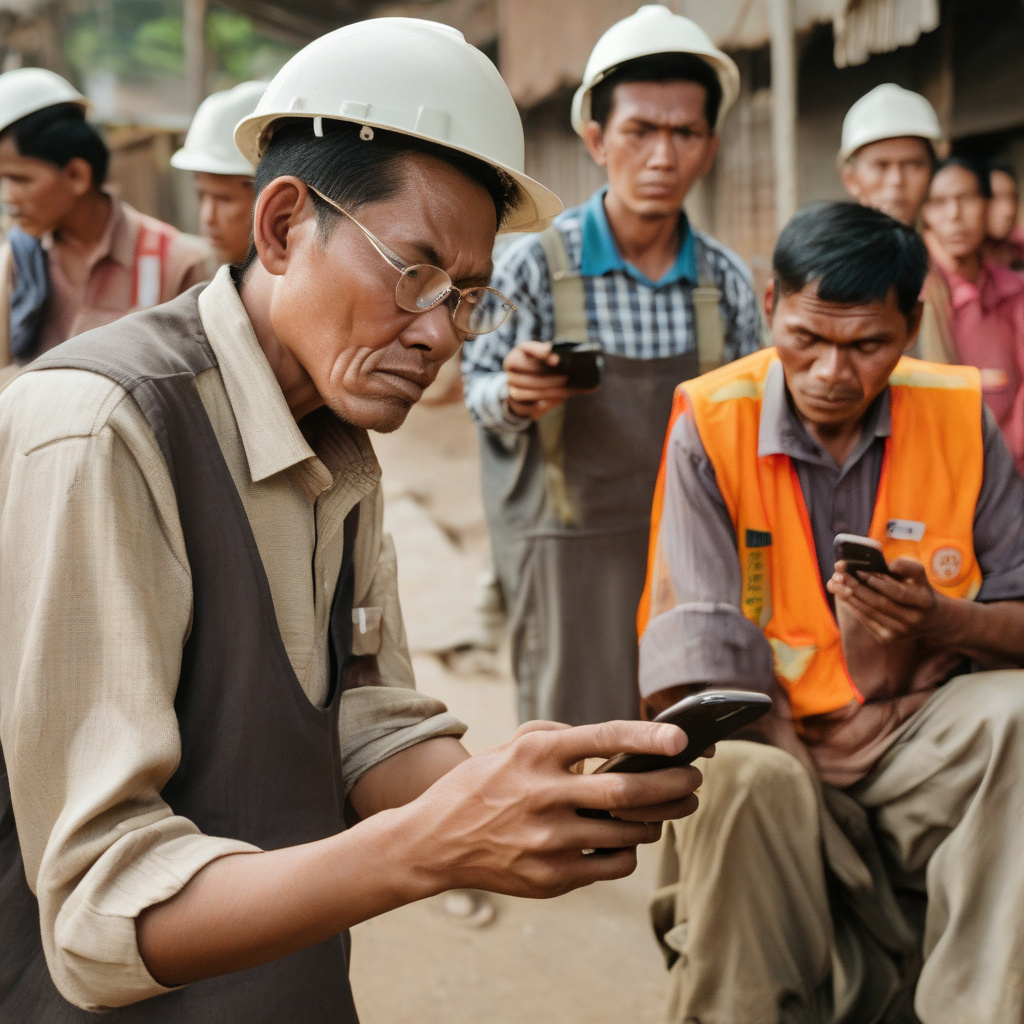ILO Revolutionizes Grievance Handling with New App for Indonesian Workers
The International Labour Organization (ILO) has recently introduced a groundbreaking initiative to empower Indonesian workers through digital technology. By launching grievance apps tailored to the needs of the workforce in Indonesia, the ILO is setting a new standard for addressing labor-related concerns in the digital age.
In today’s rapidly evolving digital landscape, the way we communicate and interact has undergone a significant transformation. With the rise of digital platforms, workers now have the opportunity to submit grievances with evidence at their fingertips. This shift towards digital grievance handling not only streamlines the process but also ensures that workers’ concerns are efficiently addressed.
One of the key advantages of the ILO’s grievance apps is the ability for workers to provide evidence to support their claims. Whether it’s documenting workplace safety violations, wage discrepancies, or unfair treatment, the app allows workers to substantiate their grievances with photos, videos, or written descriptions. This not only strengthens the credibility of the complaint but also provides a more comprehensive view of the issue at hand.
Furthermore, the app offers a platform for workers to receive follow-up recommendations on how to address their grievances effectively. From guidance on legal rights and procedures to practical tips on negotiating with employers, the app equips workers with the knowledge and resources they need to advocate for their rights. By empowering workers with information and support, the app aims to level the playing field and ensure that workers are treated fairly in the workplace.
The introduction of grievance apps by the ILO is a significant step towards improving industrial relations across multiple sectors in Indonesia. By providing a user-friendly and accessible platform for workers to voice their concerns, the app fosters transparency and accountability in the workplace. This not only benefits individual workers but also contributes to a more harmonious and productive work environment overall.
Moreover, the use of digital technology in grievance handling has the potential to drive positive change on a larger scale. By aggregating data on common grievances and trends, the app can help identify systemic issues within industries and inform policy decisions to address them. This data-driven approach not only allows for more targeted interventions but also enables stakeholders to track progress and measure the impact of their initiatives over time.
In conclusion, the launch of grievance apps for Indonesian workers by the ILO represents a significant milestone in leveraging digital technology to promote labor rights and improve industrial relations. By providing a platform for workers to submit grievances with evidence, receive follow-up recommendations, and access resources to address their concerns, the app empowers workers to advocate for their rights effectively. As digital platforms continue to reshape the way we engage with issues in the workplace, initiatives like the ILO’s grievance apps are paving the way for a more transparent, inclusive, and equitable future for workers in Indonesia.
ILO, grievance apps, Indonesian workers, digital technology, industrial relations
